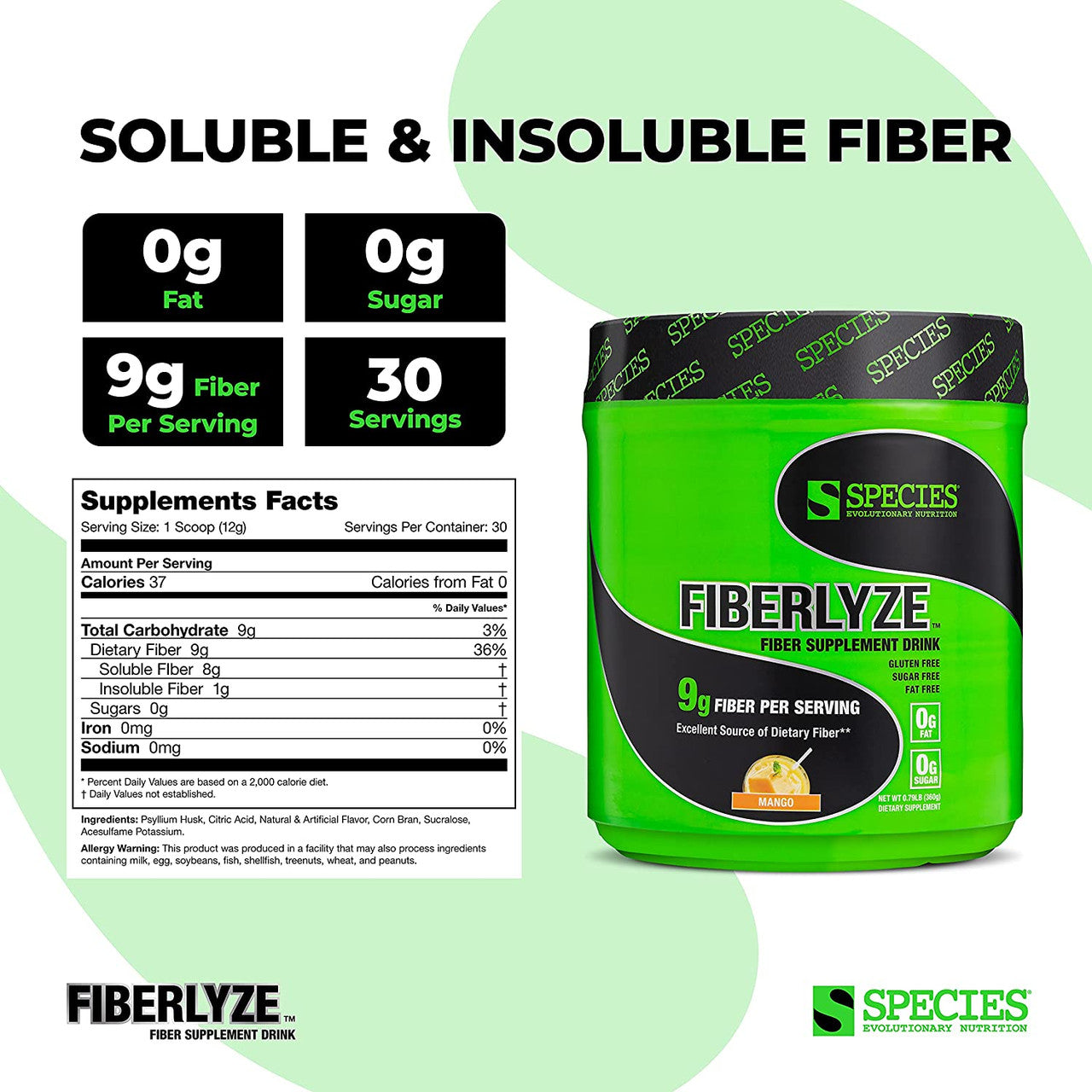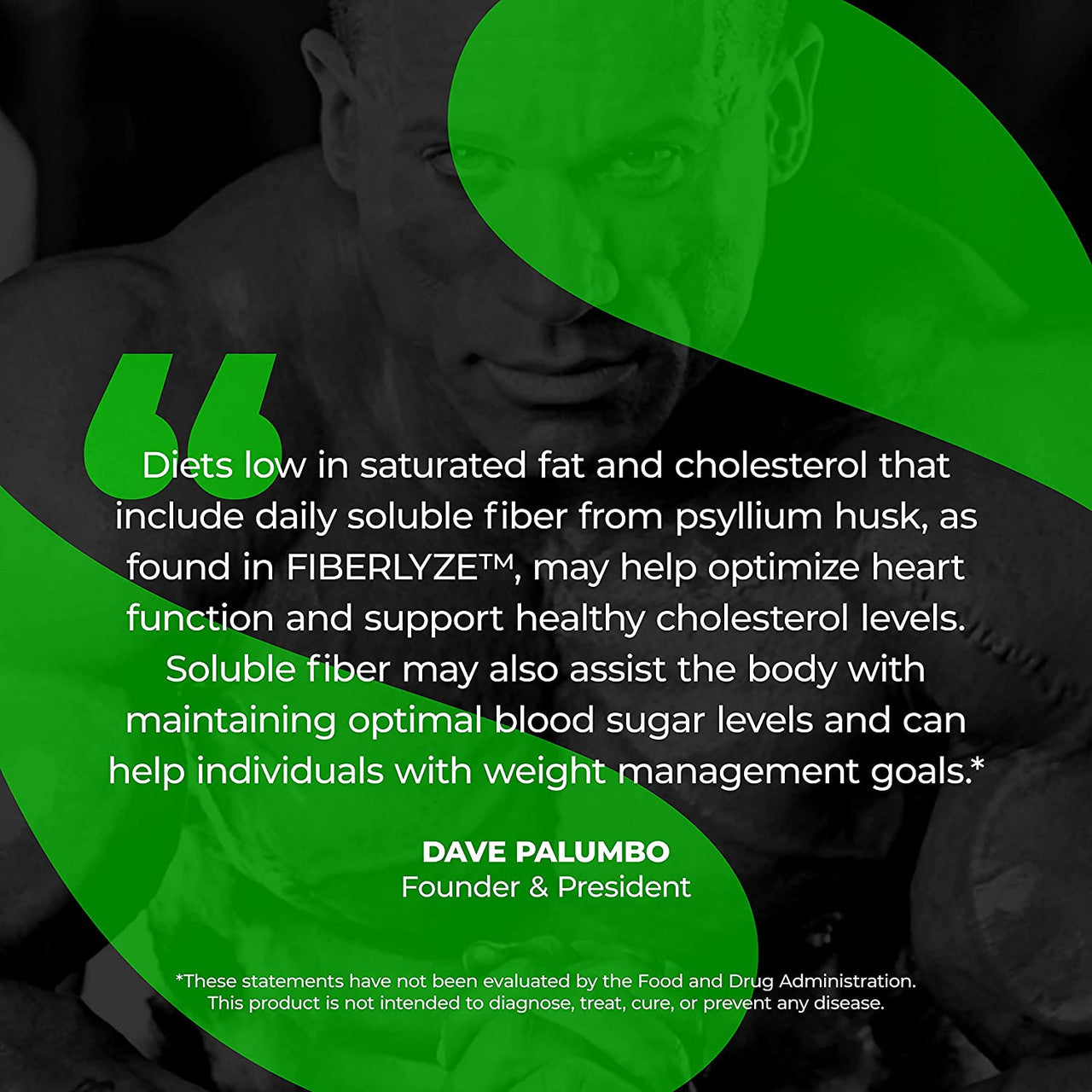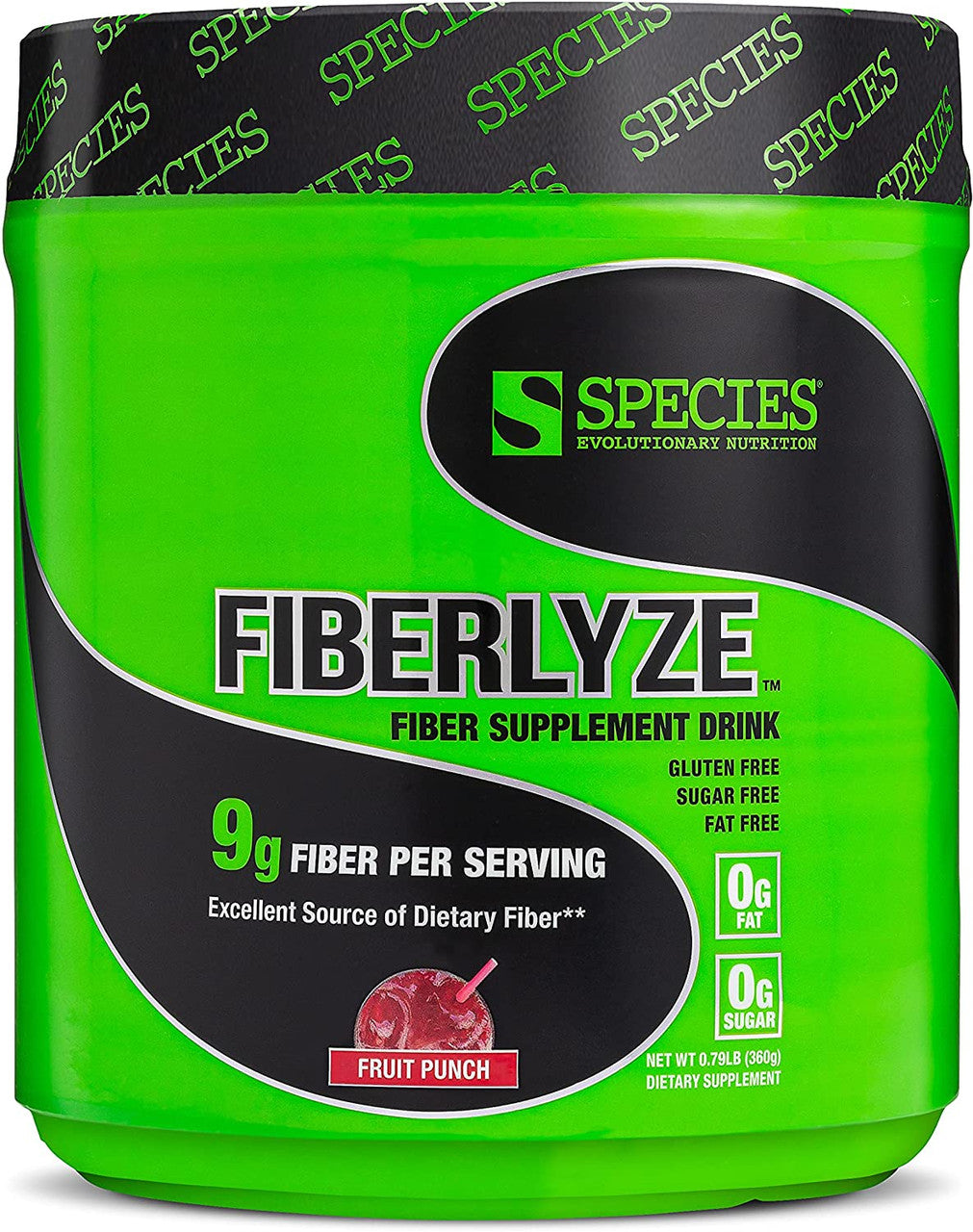Fiber is classified as a long chain carbohydrate that is not broken down by the human digestion system...Learn more.
Have you had your recommended daily amount of fiber today? Chances are, if you live in the United States, the answer to that is “no.” The current recommended daily amount of fiber is anywhere from 20 to 30 grams. A study conducted by The Harvard School of Public Health revealed that the average American only gets 15 grams of fiber per day. You might be asking, “why is this a big deal?” Let’s explore what fiber is, its many benefits, why we need it and some telltale signs that you’re not getting enough.
What is fiber?
Fiber is classified as a long chain carbohydrate that is not broken down by the human digestion system. Fiber is basically the cell wall of a plant, which protects the insides from the external world. There are two types of fiber. One is referred to as soluble, and the other as insoluble. Soluble fiber ferments in the digestive tract, thanks to friendly bacteria. Insoluble fiber is unaffected and unchanged by its trip through the digestive system, but it does help by adding bulk. Now that we know what fiber is, let’s explore its many benefits.
The benefits of fiber
According to an article posted on the Medical News Today website titled “What Is Fiber? What Is Dietary Fiber? Fiber Rich Foods:”
The consumption of soluble fiber has been shown to protect you from developing heart disease by reducing your cholesterol levels. The consumption of insoluble fiber reduces your risk of developing constipation, colitis, colon cancer, and hemorrhoids. People with diabetes who consume a lot of fiber tend to need less insulin than those whose fiber intake is low. A high-fiber intake can significantly contribute towards your body-weight control. Fiber fills you up without adding calories (fiber calories are not absorbed by your body) - this can help treat or prevent overweight/obesity.
Getting enough fiber is also a good idea because of the foods that provide the most amount of fiber. These foods are beans, nuts, fruits and vegetables. The proper amount of fiber in your diet means that your digestive tract is functioning optimally. Fiber acts as a buffer and helps to slow down the release of nutrients into the blood, as well as regulate the body’s absorption of sugar.
Other reasons why we need fiber
Fiber helps to increase the bulk and decrease constipation and it can also help sweep toxins that we ingest, via our food, through our system faster. In the absence of fiber, the food we eat would flow more like a sludge through our system. This sludge could build up for days before being excreted. Fiber helps ensure that the plumbing is working properly.
Let’s look at some other health benefits of soluble fiber. It is very important to know that you must have the proper flora of bacteria in your intestine lining to be able to ferment soluble fiber. When soluble fiber is fermented by the bacteria in our digestive tract, short chain fatty acids are produced.
These fatty acids provide the following benefits to our bodies:
- Blood glucose stabilization
- Regulate glucose absorption
- Help reduce LDL cholesterol and triglycerides
- Lower the acidity in the colon
- Stimulate the immune system
- Improve the barrier mucus in the colon
How do I know if I’m not getting enough fiber?
I hope that you feel comfortable discussing fiber now, because I’m about to get personal. Some signs that you might not be getting enough fiber include irregular bowel movements, hard stool, constipation, difficulty or straining when the time comes and small excretions.
Conclusion
The experts recommend one good sized bowel movement a day. Make sure you’re getting your 20 to 30 g of fiber so that your healthy from the inside out. If you feel that your diet is lacking this necessary element consider supplementing. It is as easy as mixing a spoonful of clear tasteless powder in your coffee every morning. I think we can all make that sacrifice for better health.
These statements have not been evaluated by the Food and Drug Administration. This product is not intended to diagnose, treat, cure, or prevent any disease.























